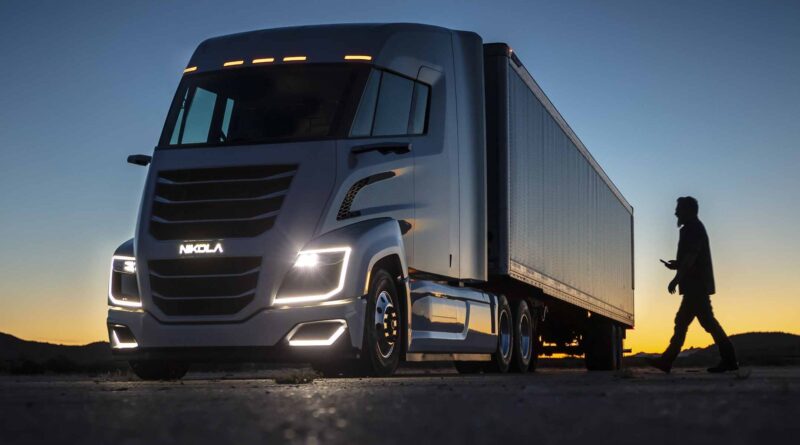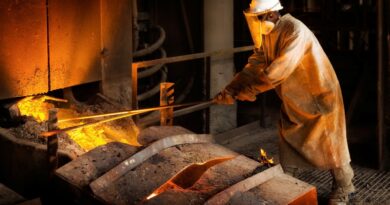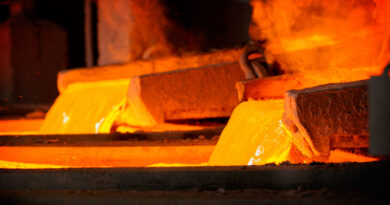Platinum: Fuel cell trucks will go the distance
Organisations across the value chain are working to reduce technological barriers and improve the viability of vehicles with fuel cell powertrains for the mass market.
For example, MAHLE, the German major supplier of equipment and technology to the automotive industry, has developed a new off-the-shelf component that is able to significantly reduce automakers’ development time and costs, obviating the need to design individual solutions for each vehicle.
The component offers two standardised air filter solutions for proton exchange membrane (PEM) fuel cells, protecting them from harmful gases and particles.
PEM fuel cells contain platinum as a catalyst to combine hydrogen and oxygen to generate electricity, with heat and pure water the only by-products. With fewer harmful gases entering the cell, less platinum is needed to ensure that the fuel cell remains operational over the service life of the vehicle.
The use of filters to improve efficiency by increasing the purity of the fuel cell’s air supply leads, in turn, to lower manufacturing costs.
In addition, MAHLE is working with Ballard, the Canadian PEM fuel cell manufacturer, to develop fuel cell systems for commercial vehicles of various weight classes. The long-term goal of this co-operation is to manufacture complete fuel cell systems for the European, North American and Asian markets.
The collaboration is intended to provide a strong stimulus to the development of hydrogen fuel cell drives that are suitable for large-scale production.
Johnson Matthey, a global leader in sustainable technologies, has joined a major new European consortium, ‘IMMORTAL’. IMMORTAL brings together stakeholders in Europe’s fuel cell supply, OEM and end-user chain to develop higher performance fuel cell components for heavy-duty trucks with the ultimate aim of reducing the cost of components and enhancing the competitiveness of hydrogen fuel cell-powered trucks. The project will deliver optimised management of the fuel cell powertrain with high performance and durability as critical outcomes.
Meanwhile, automakers continue to invest in their own hydrogen fuel cell research and development. Daimler Trucks, which is focusing on hydrogen fuel cells for the electrification of its vehicles, has begun to conduct rigorous tests on the first new enhanced prototype of its Mercedes-Benz GenH2 Truck. Daimler aims to achieve ranges of up to 1,000 kilometres and more, without any stops for refuelling, with the vehicle.
DECARBONISING FREIGHT TRANSPORTATION
Decarbonising freight transportation is critical to achieving net zero goals around the world and hydrogen fuel cells are poised to play a major role in achieving this. Heavy-duty fuel cell electric vehicles (FCEVs) are expected to be one of the first segments of the hydrogen economy to achieve scale.
Targeted growth in the total number of fuel cell trucks on the road is expected to rise from well below one per cent in 2020 to over 50 per cent of the global truck market (currently between 2.3 million and 3 million) by 2035*. Demand for platinum in FCEVs, based on this growth and that of passenger FCEVs, is expected to increase annual platinum demand by well over two million ounces (62 tons) in 2035; over 25 per cent of current annual demand.
*Anglo American Platinum results presentation 22 February 2021




